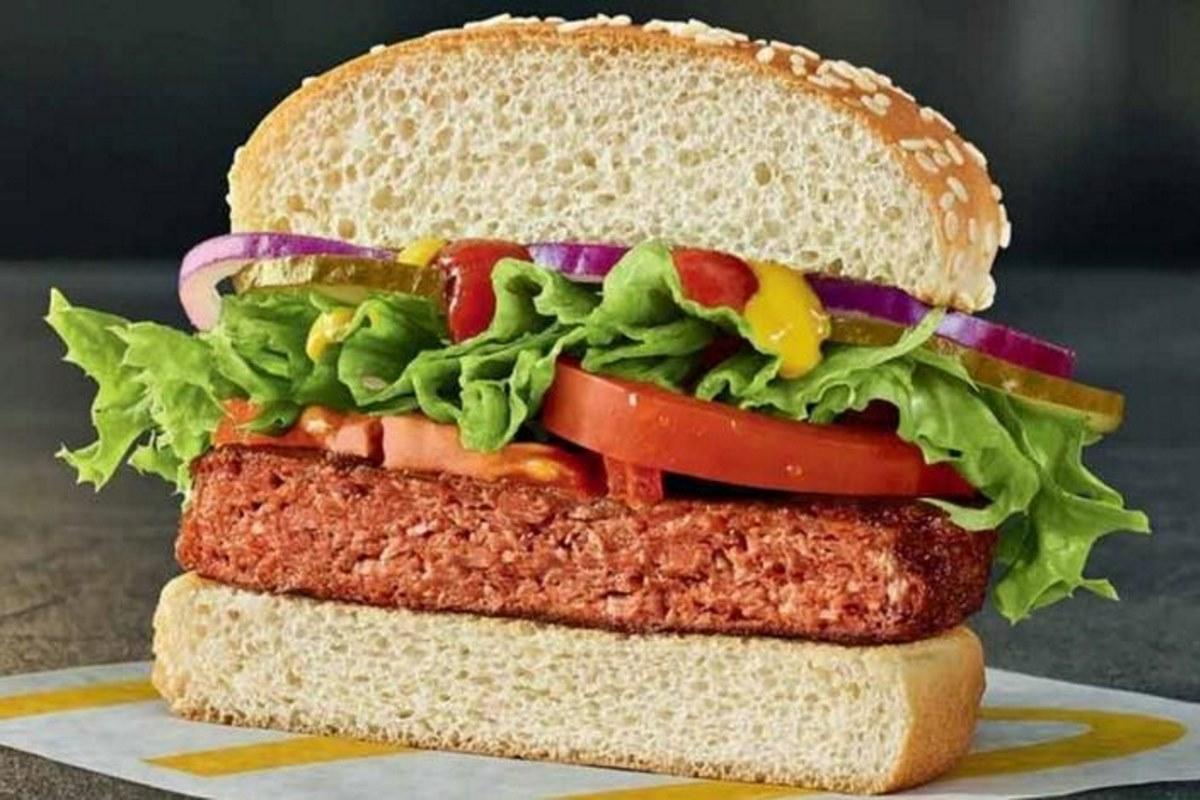
The compromise to the European Parliament on the so-called fake meat – which will go to the vote these days together with the whole package on the future Common Agricultural Policy – could focus “on a clear distinction between names that are related to production and livestock tradition and generic names, indicative of the mere shape” according to MEP Paolo De Castro.
Thus, the use of names linked to the historical and productive zootechnical heritage will be forbidden to the vegetable food world. It will however be possible to use some product names borrowed from the meat processing tradition that are considered generic, to indicate shapes and cuts of vegetable, plant based dishes. Gourmet vegans, vegetarians and fruit eaters will also have to renounce “the use of designations of animal origin linked to PDO, PGI products.”
The market for alternative meat products is growing and has reached 4.6 billion dollars in value worldwide. Within the next four years it should exceed 6 billion dollars and 39% of its business volume will be in Europe.
VEGETABLE, MEAT AND THE “WORDING STRUGGLE”
The controversy began when a group of farmers supported a bill that would ban vegetarian products from being called sausages or burgers. They say the measure is needed to prevent people from being misled into thinking the products contain meat. That would mean an end to veggie burgers or vegan sausages on menus and on packaging. The EU’s farmers association Copa-Cogeca, which backs the measures, said the bloc should put an end to “surrealistic” food descriptions.
Terms such as “soybean milk” and “vegan cheese” were banned in the European Union three years ago, after its high court ruled terms such as milk and cheese could not be used for non-dairy products.
